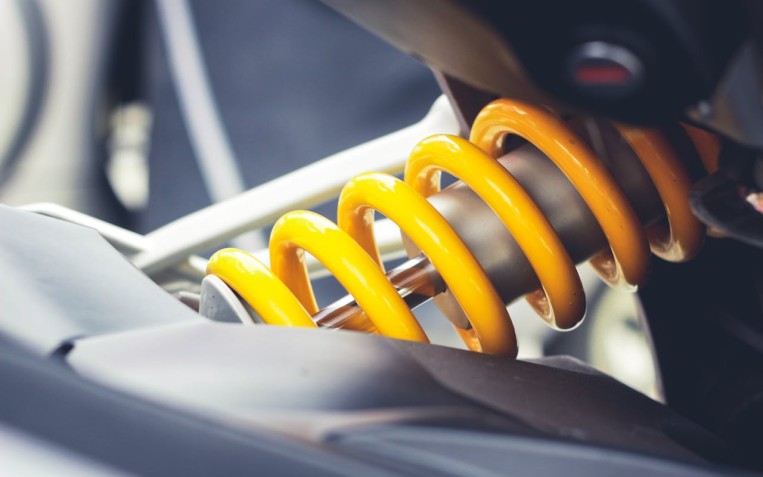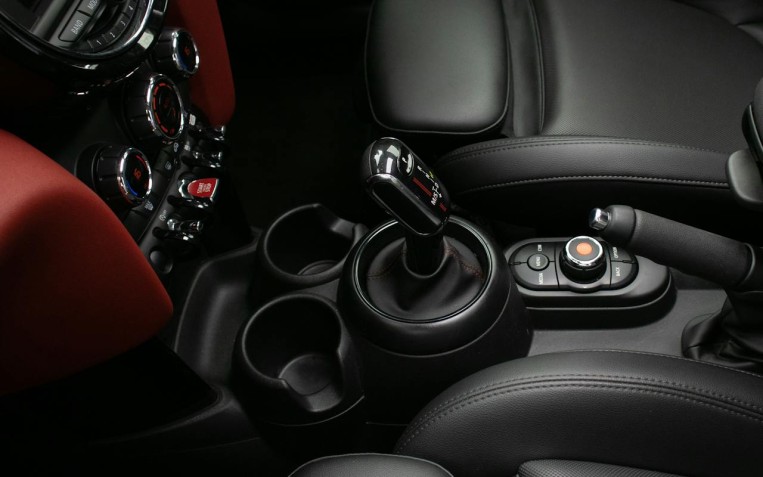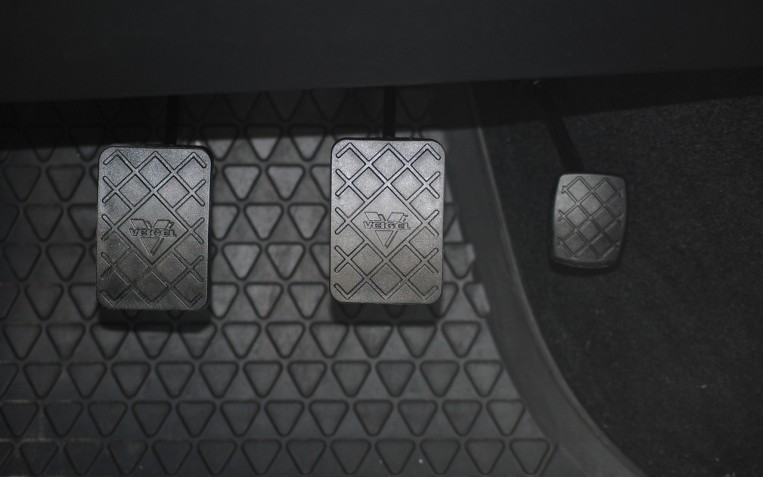Which car battery should I use for my vehicle?

Car batteries come in all shapes and sizes. Whether you have an EV or a conventional petrol-powered vehicle, you should ensure you have the correct battery for the make and model of your car. PTA’s informative article takes you through the types of car batteries available so you can find the correct one that fits your vehicle.
How do car batteries work?
Typically, a car battery uses chemical energy stored within the cells, which is turned into electricity. Many standard car batteries feature six cells in a row inside the battery’s casing. Each cell has a lead plate and a lead dioxide plate that creates two volts. When combined, it produces 12 volts. The cells inside the battery are submerged in sulphuric acid, triggering a chemical reaction between the plates, which creates lead ions and sulphate. The ions in the battery produce electricity to the positive or negative battery terminal.
What does a car battery do?
The purpose of a car battery is to deliver electricity to start your engine while acting as a surge protector for its computer. Once the car is in motion, the alternator will keep the electrical systems within your vehicle running, but when the engine is not running, the battery provides power to the radio, your vehicle’s lights, and other electronics, including the GPS and windscreen wipers.
What type of car battery do I need?
Does your car battery need to be replaced? Every car battery has a three-or-four-digit code indicating the power rating, size, and the battery’s terminal positions. However, the battery size you choose is based on the space available in the engine bay and the placement of the terminals. Look inside the owner’s manual, and it'll have information about the battery size you need for your car.
The types of car batteries available
There are many types of car batteries available. While lead-acid batteries are still the most widely used type, each car battery has its advantages and disadvantages. The most common types of car batteries available are:
Lead acid battery
Commonly found in most vehicles, a lead acid battery is the oldest car battery used. This type of battery is cheap to replace and durable and can last a long time before you need to replace it.
Calcium battery
Derived from the lead acid battery, a calcium battery provides slightly more durability and starting power. Calcium car batteries have a good lifespan, providing 30,000 starts before needing to be replaced.
Silver calcium battery
A silver calcium battery is a premium version of the calcium battery, which you can find in high-performance cars. Compared to a traditional car battery, these batteries provide 33% more power and offer up to 50,000 starts.
Enhanced flooded battery
Does your car have start/stop technology? You’ll need an enhanced flooded battery (EFB). These batteries are more expensive than calcium or lead acid batteries but are very durable. You may need to register an EFB battery with your car’s computer to ensure it works as it should. Have you bought an EFB battery from us? One of our specialists can replace and fit your new battery into the terminal while ensuring the start/stop technology continues to work in your car.
Lithium-ion battery
Many EVs and plug-in hybrids use lithium-ion batteries. Manufacturers such as Nissan, Jaguar and Tesla use this battery type in their vehicles. The energy capacity of a lithium-ion battery means they require little time to charge while delivering an efficient driving experience. Compared to other battery types, a lithium-ion battery is expensive, thus contributing to the high cost of an EV.
Have you wondered how long your car battery should last in your car? Our article covers everything you need to know about the lifespan of a car battery.
Book yourself in for a full service at your local PTA branch today, and we can check your car battery’s health to ensure it’s running smoothly.
Related Content

Should I have soft or stiff suspension springs for my vehicle?
Suspension springs are essential for maintaining your vehicle’s stability and ride height. Over time, the springs will succumb to wear and tear, which affects how your car handles, brakes and accelerates on the road. Discover whether you should...

What is engine braking?
Engine braking involves taking your foot off the accelerator pedal, allowing your car to slow down. Over time, the parts on your vehicle’s braki...

A guide to the different types of car clutches
The clutch is responsible for channelling the power from the engine, through to the gearbox, and the wheels. Your vehicle's clutch will differ dependi...

